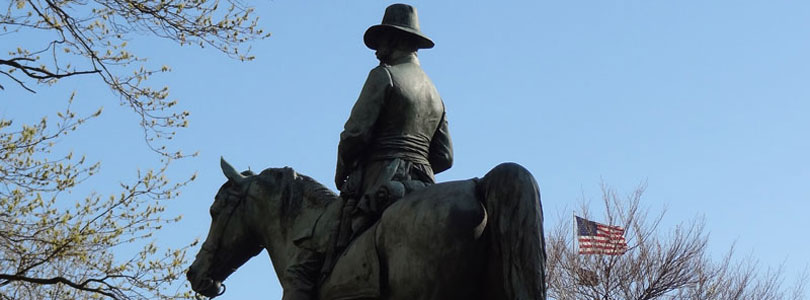Addressing the Toll of the First-Responding Job
About a decade ago, Michael Morse’s writing and conversations with him enriched my perspective on first responders and forced me to give real thought to my political reaction to government labor unions. I think it was over lunch, once, that he presented me with the explanation of a boy growing up in a setting where unions were just part of the natural order of life and associated with adults whom he loved and admired.
Church, family, community, union. Out of such things was society structured and made coherent. I don’t remember whether it was his image or one my imagination applied while we spoke, but I see a picture of him as a boy at an Independence Day barbecue with the dads wearing t-shirts for their departments or their unions and talking shop. Being men.
Watching a Katie Davis segment on WJAR about suicide among firefighters that featured Michael, I thought of that image. Part of the problem, as he puts it, is a masculine stoicism. For the most part, these jobs are held by men, and men just deal with things. Being men.
We hear, periodically, that they won’t seek the help they need, and that’s undoubtedly true, and it’s an area in need of correction. But one can’t help but wonder whether (in a manner of speaking) they used to get the help they needed without asking — in church, family, community, and union. It used to be possible to be admired for strength in a society that had faith in existential purpose, instilled respect from one’s family, and provided a place in the community.
So much of what made life solid back then has softened.
Some of that is to the better. Trust in Truth shouldn’t be a license for bigotry. A mandate for familial respect shouldn’t be a license for abuse. And community hierarchies can be stifling. Still, how many important structures have we torn down trying to get at the lingering discomforts of social evolution’s slow progress?
In arguments about unionization, one will often hear from somebody on the “pro” side that we must reinforce unions because they are one of the last remaining redoubts for a good middle-class income. Such arguments avoid consideration of the underlying forces that are bringing the change. Sometimes hunkering down and holding one’s position is not the best solution because the ground underneath you is disappearing.
That said, life’s other strongholds feel to be crumbling under the pressure of inexorable forces, so the impulse must be strong to rally to one that feels as if it could, maybe, with some grit (and helpful legislation) be salvaged. From a certain perspective, people (like me) who argue that unions have outlived their social use and become part of a corrupt system, well, we might appear somewhat similar to those who go after the church, the family, and the close-knit community.
With all the change we face on an almost-daily basis, nowadays, we need to figure out a better way to hold on to what’s important in our institutions. Maybe it will be different for each one. (My leaning would be toward a recovery of church and family, a reworking of how we see community, and a replacement of unions, but initial leanings could be wrong.)
In this context, though, I’d put in a word for stoicism. Being men. It could be that “toughen up and deal with it” only seems like a callous cliché because it has been drained of its meaning. What does it mean to “deal with it” other than to shut up and be taken advantage of by others? What does it mean to be tough? What does it mean to be men? Answering these questions could be a form of social therapy.
Yes, we need to provide those who come to us at our worst moments with the support they need to handle what they see, but we may find that the cultural sense of structure and meaning that we’ve steadily belittled cannot be replaced with government policy. It must be revived.



